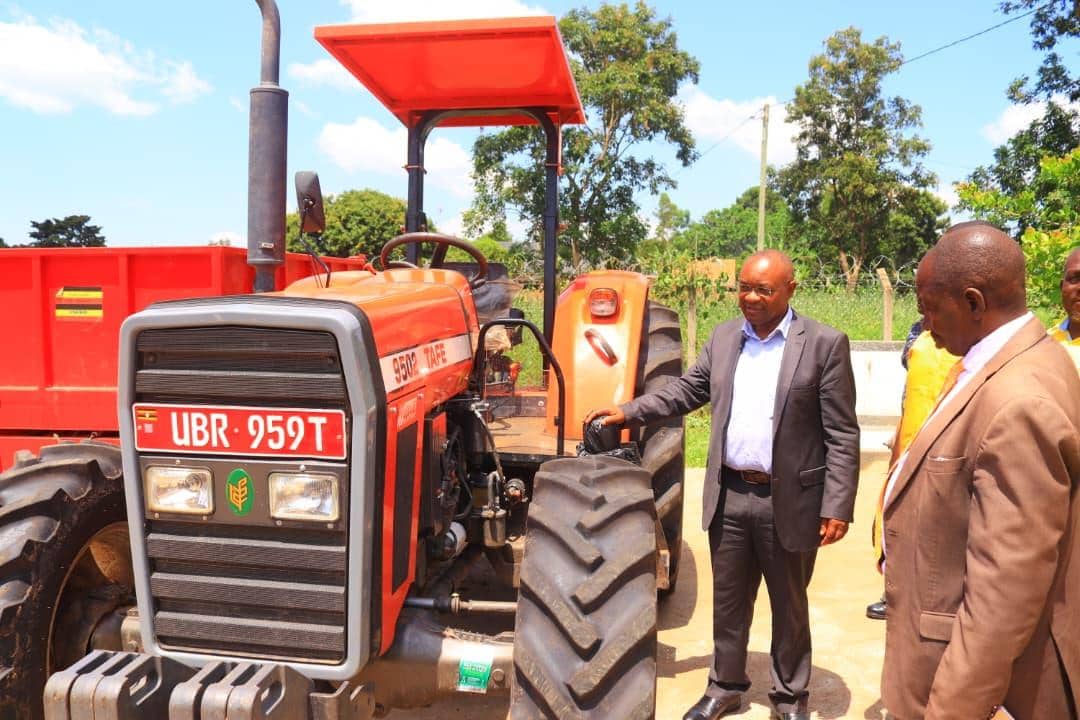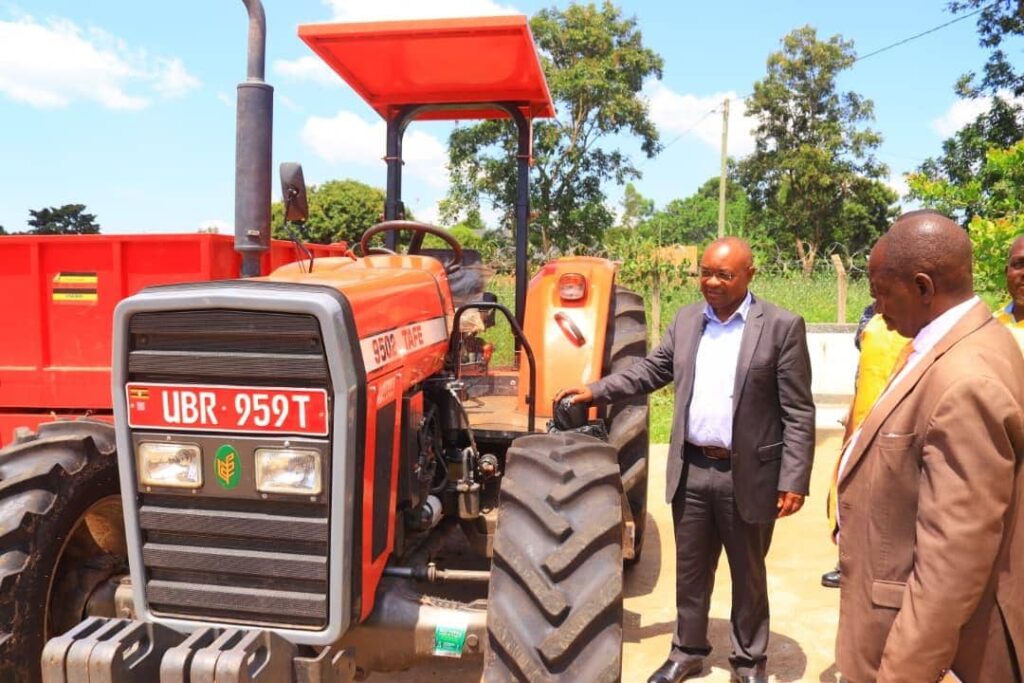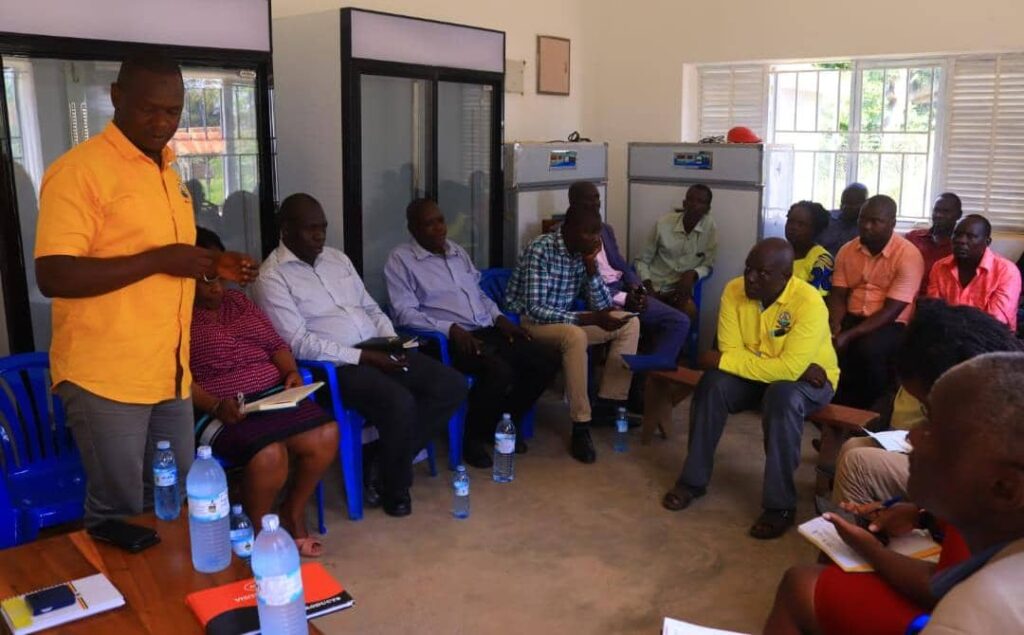
 Tiger FM
Tiger FM

 Tiger FM
Tiger FM
20 November 2025, 8:24 am

By Ronald Ssemagonja
The Minister of Local Government, Raphael Magyezi, has begun a field assessment of the Local Economic Growth Support (LEGS) project as it moves toward its scheduled closure on 31 December 2025. His visits to Kibuku, Kumi, Nwoya, and Katakwi districts focus on evaluating the project’s achievements, challenges, sustainability prospects, and recommendations that may guide the development of LEGS 2 and other future government interventions.
According to the Ministry of Local Government, the LEGS project has registered remarkable success across its 17 beneficiary districts, including Adjumani, Alebtong, Bunyangabu, Buikwe, Buyende, Gomba, Kabarole, Katakwi, Kibuku, Kumi, Luweero, Nakaseke, Ntoroko, Nwoya, Kyenjojo, Rukungiri, and Tororo. The project has delivered improvements in local economies and community wellbeing through investments in water-for-production facilities, domestic water systems, rural markets, roads, post-harvest handling, agricultural value-chain financing, livestock services, renewable energy, and natural resource conservation. Funding is provided by the Government of Uganda, the Islamic Development Bank, the Lives and Livelihoods Fund, and beneficiary communities.
During his visit to Kibuku District, the Minister inspected the Kadama Weekly Market in Kadama Town Council, which is expected to be commissioned on 20 November 2025. Located along the Mbale–Tirinyi highway, the market is positioned to enhance access for traders and travelers. Its livestock section is aligned with the Parish Development Model and is expected to boost local revenue. Magyezi also visited the Buseta Milk Collection Center, which has benefited significantly from the LEGS project. The center now has a 5,000-liter cooling tank, a farm tractor with a trailer serving 128 beneficiaries, over 292 acres of ploughed land, motorcycles for artificial insemination services, and a complete insemination kit. Membership in the cooperative has grown from 30 farmers five years ago to more than 200, reflecting growing trust among dairy producers.
In Kumi District, the Minister toured the Kajamaka Earth Dam, which has a capacity of 250 million liters of water for production and stands at 89 percent completion. The project has also drilled two boreholes producing 6,000 and 1,500 liters per hour, providing water for domestic use. The Kanapa piped water system, powered by a 1,500-watt solar plant, pumps 24,000 liters of water per day and is supported by a treatment house and water office. Although it can serve more than 20 parishes, it currently supplies eight, including Kocopo, Totolim, Odworo, Kanapa, and Kongura, as well as Kanapa Trading Centre, Kanapa Primary School, and Kanapa Church of Uganda.
Magyezi urged both technical and political leaders to compile a comprehensive report highlighting the project’s overall impact, community participation, sustainability strategies, and lessons to guide future development programs. Leaders in the visited districts committed themselves to fulfilling this responsibility.
